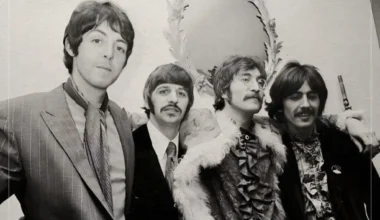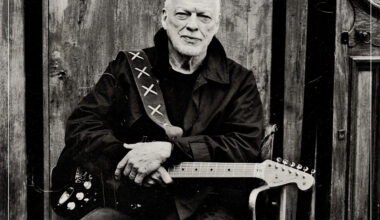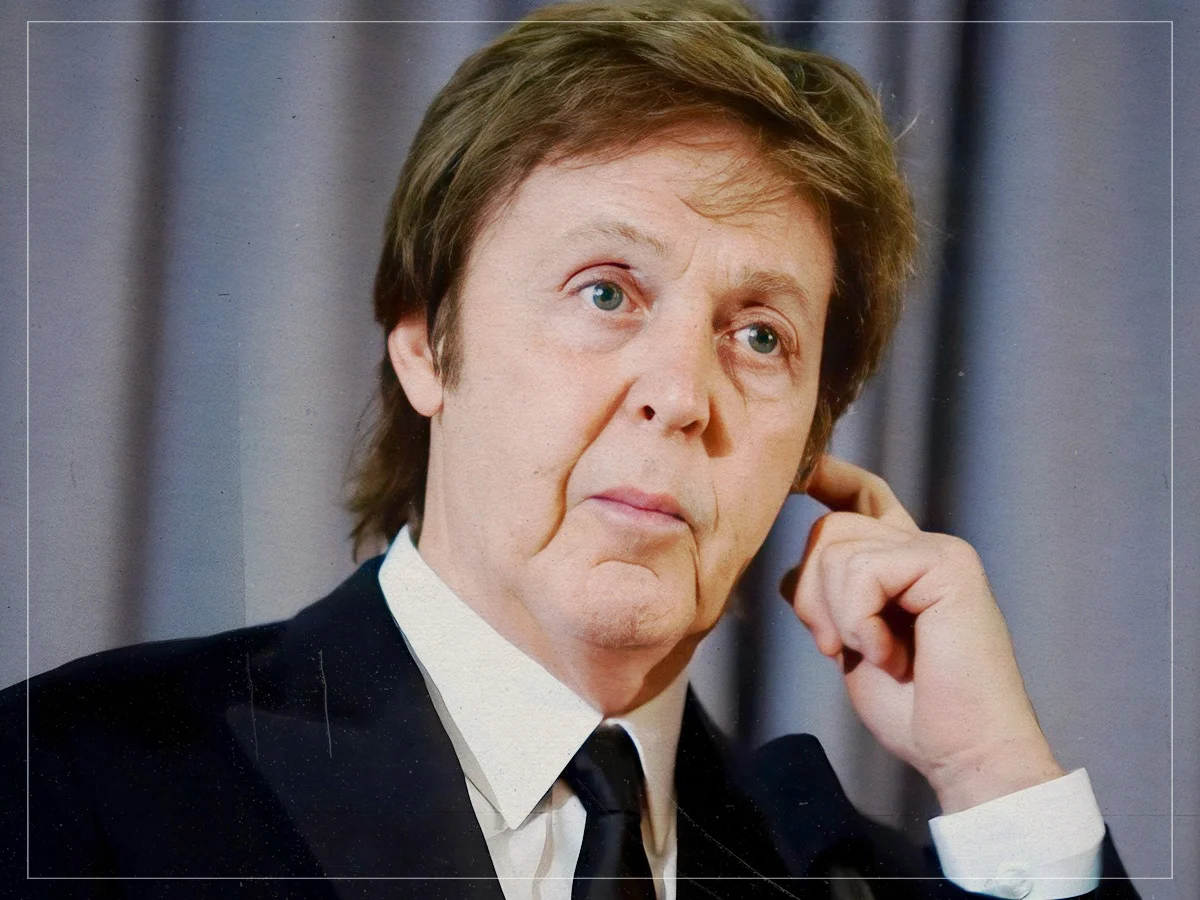Freddie Mercury: The Voice That Changed Rock Forever
Born Farrokh Bulsara on September 5, 1946, in Zanzibar, Freddie Mercury would go on to become one of the most electrifying and influential performers in music history. As the lead singer and principal songwriter of Queen, Mercury’s extraordinary vocal range—spanning multiple octaves—and his dramatic, magnetic stage presence helped define an era of rock and roll.
With an unmatched ability to blend genres, Mercury and Queen created anthems that defied convention. Tracks like *“Bohemian Rhapsody,” “Somebody to Love,” “Don’t Stop Me Now,”* and *“We Are the Champions”* didn’t just top charts—they became timeless cultural milestones. His compositions fused elements of rock, opera, gospel, and pop, crafting a sound that was as daring as it was unforgettable.
Mercury’s performances were nothing short of legendary. Whether strutting across massive stadium stages or holding an audience in the palm of his hand with a single note, he radiated confidence, vulnerability, and unshakable authenticity. Offstage, he was known for his wit, eccentricity, and artistic vision—qualities that helped Queen break barriers in music and performance.
Freddie was also a trailblazer in his personal life. As a queer man in a time of widespread stigma, he remained unapologetically himself. In **1991**, he bravely announced that he was living with **AIDS**, just one day before his death on **November 24, 1991**. His honesty in those final days helped raise awareness and break silence around the disease at a crucial moment in history.
Freddie Mercury’s legacy is far more than his voice or his songs—it’s his fearless creativity, his refusal to be boxed in, and his enduring power to inspire. Decades after his passing, Mercury remains a towering figure in popular culture, reminding the world that music is at its best when it is bold, beautiful, and true.






